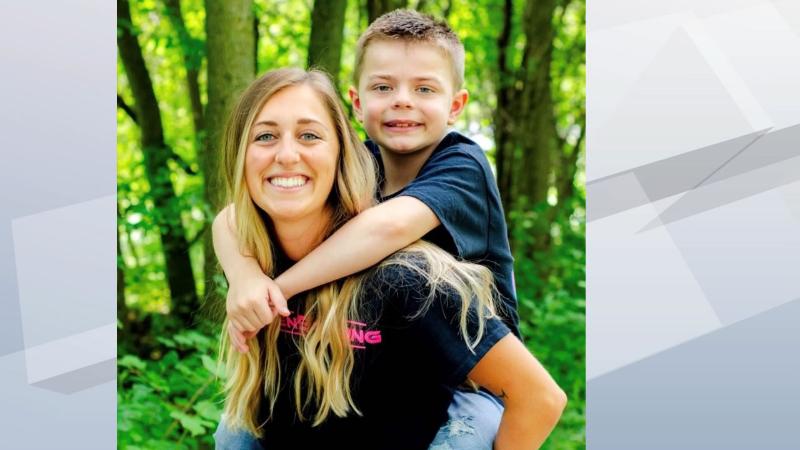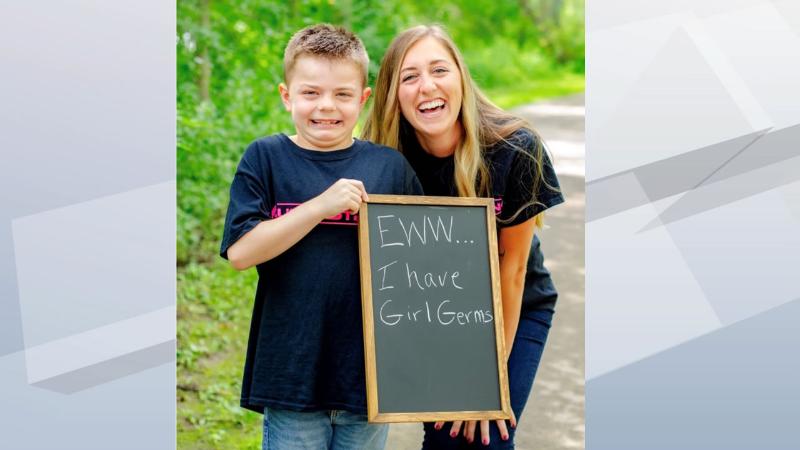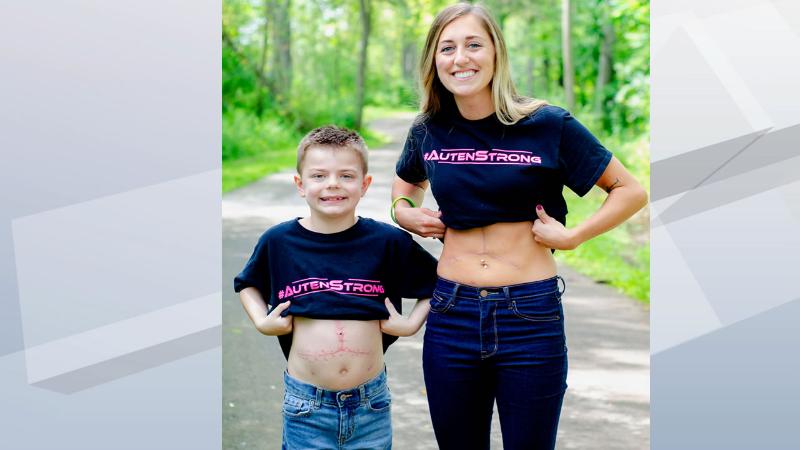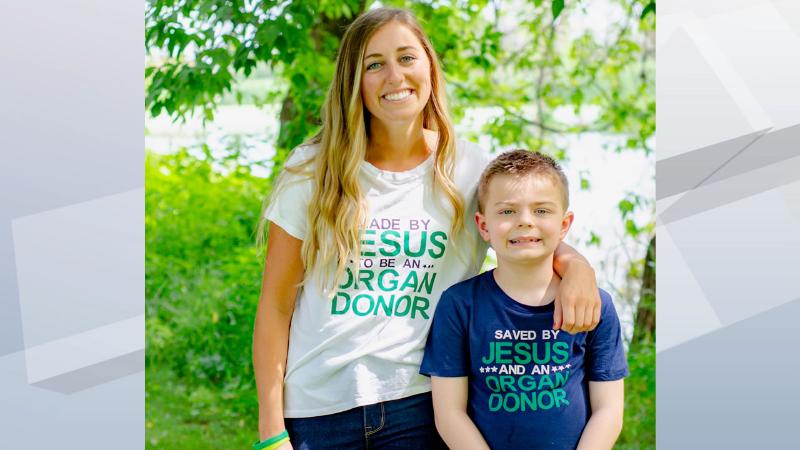April isn't just about blooming flowers and warmer weather, it's also a time to recognize the incredible power of organ, eye, and tissue donation during Donate Life Month. This annual observance shines a spotlight on the profound impact of donation and encourages individuals to register as donors, giving hope to those awaiting life-saving transplants.
A History of Hope
The idea of a dedicated month to celebrate donation originated in 1997 with the Partnership for Organ Donation, which established National Organ Donation Awareness Week. In 2003, Donate Life America, a coalition of national organizations and state teams, expanded this observance to a full month, transforming it into Donate Life Month. The goal was to raise awareness, educate the public, and inspire more individuals to register as donors.
Throughout April, various activities take place across the country to commemorate Donate Life Month. These include:
- National Blue & Green Day: Celebrated on a designated Friday, this day encourages people to wear blue and green to show their support for donation.
- Flag-raising ceremonies: Hospitals, community centers, and government buildings often hold flag-raising ceremonies to honor donors and recipients.
- Educational campaigns: Organizations and hospitals host educational events, workshops, and online campaigns to provide information about donation and transplantation.
- Donor recognition events: Many communities organize events to celebrate the lives of donors and express gratitude to their families.
- Social media campaigns: #DonateLifeMonth and related hashtags flood social media, sharing stories of hope and encouraging registration.
- Local community events: Walks, runs, and fundraising events are common, to help raise money and awareness.
Here's what everyone should know about organ, eye, blood, and tissue donation:
- The Need is Immense: Thousands of people are on waiting lists for life-saving transplants. One donor can save or improve the lives of multiple people.
- Anyone Can Register: Regardless of age, race, or medical history, anyone can register as a donor. Medical professionals will determine at the time of death whether donation is possible.
- Honoring the Donor: The donation process is handled with respect and dignity. It does not interfere with funeral arrangements.
- Types of Donation:
- Organ donation: Includes vital organs like the heart, lungs, liver, kidneys, pancreas, and intestines.
- Tissue donation: Includes tissues like corneas, skin, bone, heart valves, and tendons.
- Eye donation: Focuses on corneal donation, which can restore sight.
Beyond the vital necessity of organ donation, the act of donating blood stands as another crucial contribution to saving lives. Blood transfusions are essential for countless medical procedures, from emergency trauma care to complex surgeries and cancer treatments. A consistent and readily available blood supply is indispensable for healthcare systems to function effectively.
Every two seconds, someone in the United States requires a blood transfusion. This constant demand underscores the ongoing need for regular blood donations.
Unfortunately, many misconceptions surround organ, eye, and tissue donation, often preventing people from registering as donors. Let's address some common myths and replace them with the facts.
Debunking Myths: Separating Fact from Fiction in Organ Donation
Myth: Doctors won't try as hard to save my life if they know I'm an organ donor.
Fact: Doctors and Nurses dedicated to saving your life are entirely separate from the transplant team. Their sole focus is on providing the best possible medical care. Only after death is declared or in the case of living donation, is the transplant team involved.
Myth: My family will have to pay for organ donation.
Fact: The donor's family is never charged for organ, eye, or tissue donation. Costs related to the recovery of donated organs and tissues are covered by the recipient's insurance or the transplant center. Funeral costs remain the family's responsibility.
Myth: Organ donation disfigures the body and prevents an open-casket funeral.
Fact: Organ, eye, and tissue donation does not disfigure the body or delay funeral arrangements. The recovery process is performed with the utmost respect and care, and funeral arrangements, including open-casket funerals, are still possible.
Myth: I'm too old or have too many health problems to be a donor.
Fact: Age and medical history rarely disqualify someone from being a donor. Medical professionals evaluate each potential donor at the time of death to determine suitability. You shouldn't rule yourself out, let the medical experts decide.
Myth: Celebrities or wealthy people get priority on the waiting list.
Fact: The organ allocation system is based on medical need, blood type, tissue match, and other medical factors. Wealth and celebrity status play no role in determining who receives a transplant.
Myth: My religion doesn't support organ donation.
Fact: Most major religions support organ, eye, and tissue donation as an act of compassion and generosity. Consult with your religious leader if you have specific questions.
Myth: If I register as a donor, they might take my organs before I'm really dead.
Fact: Strict medical and legal criteria define death. Organ donation only occurs after death has been declared by a Physician, completely independent of the transplant team.
Myth: I can only donate my organs after I die.
Fact: Living donation is an option for certain organs, such as a kidney or a portion of the liver. This can significantly shorten the waiting time for those in need.
Myth: Registering at the DMV is enough, and my family will know my wishes.
Fact: While registering at the DMV is a great step, it is also very important to discuss your wishes with your family. This ensures they understand and can support your decision.
By understanding the facts and dispelling these myths, we can encourage more people to register as donors and save lives.
The Gift of Hope
Donate Life Month serves as a powerful reminder of the life-changing impact of donation. By registering as a donor, you have the potential to give someone a second chance at life. It's a selfless act that leaves a lasting legacy of hope and compassion.
This April, take a moment to consider the gift of life. Learn more about donation, share your support, and, most importantly, register as a donor. Your decision can make a world of difference.






